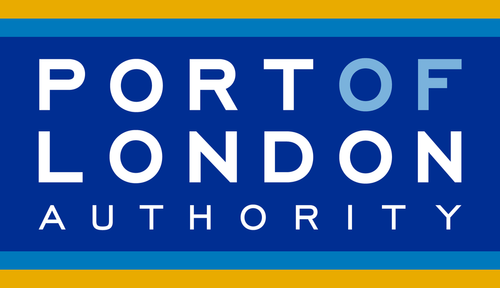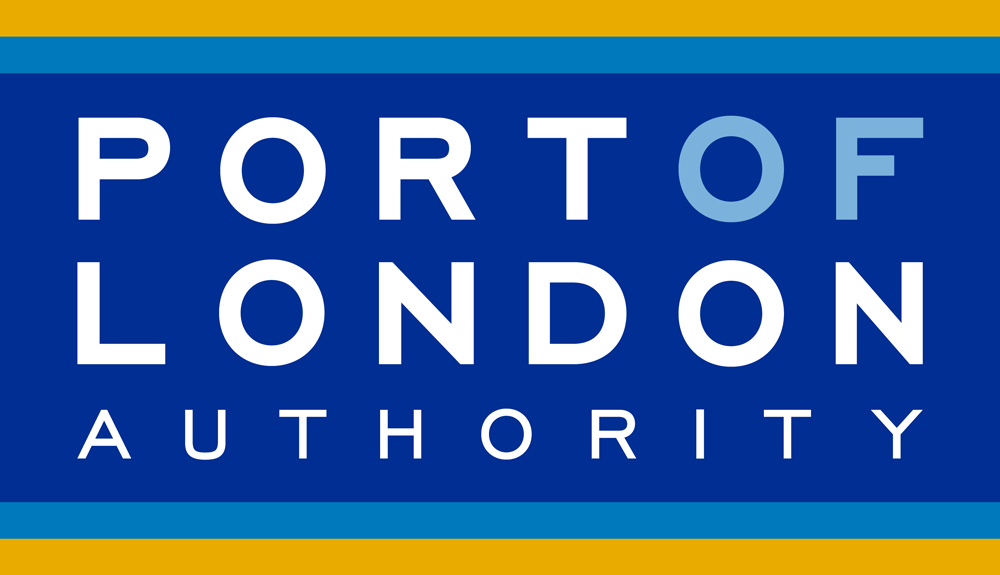Live Tides
NOTICES TO MARINERS
Charts & Surveys
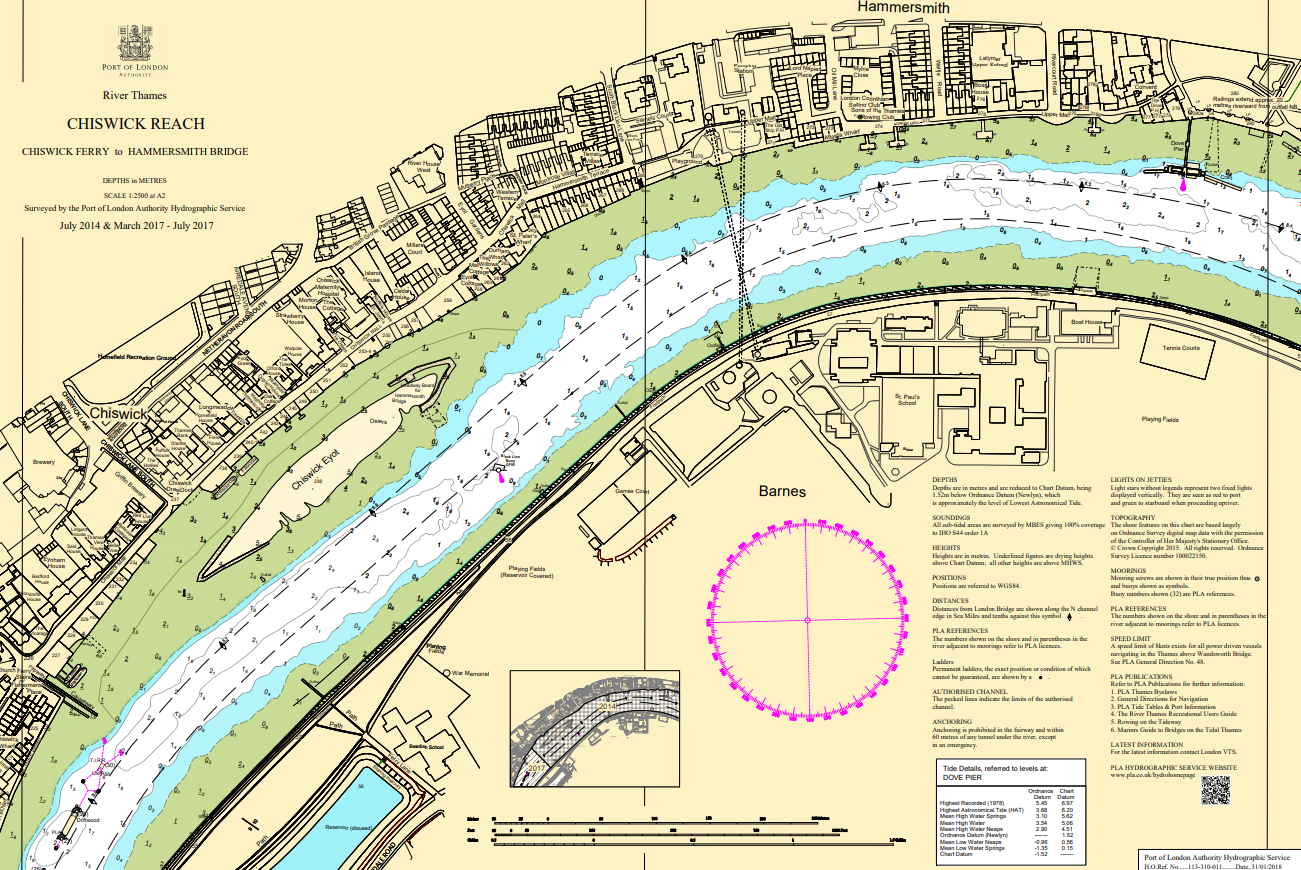
Incident reporting
Life-threatening emergencies on the river:
Call 999 and ask for the Coastguard
For near miss, safety observations and incident reporting click below
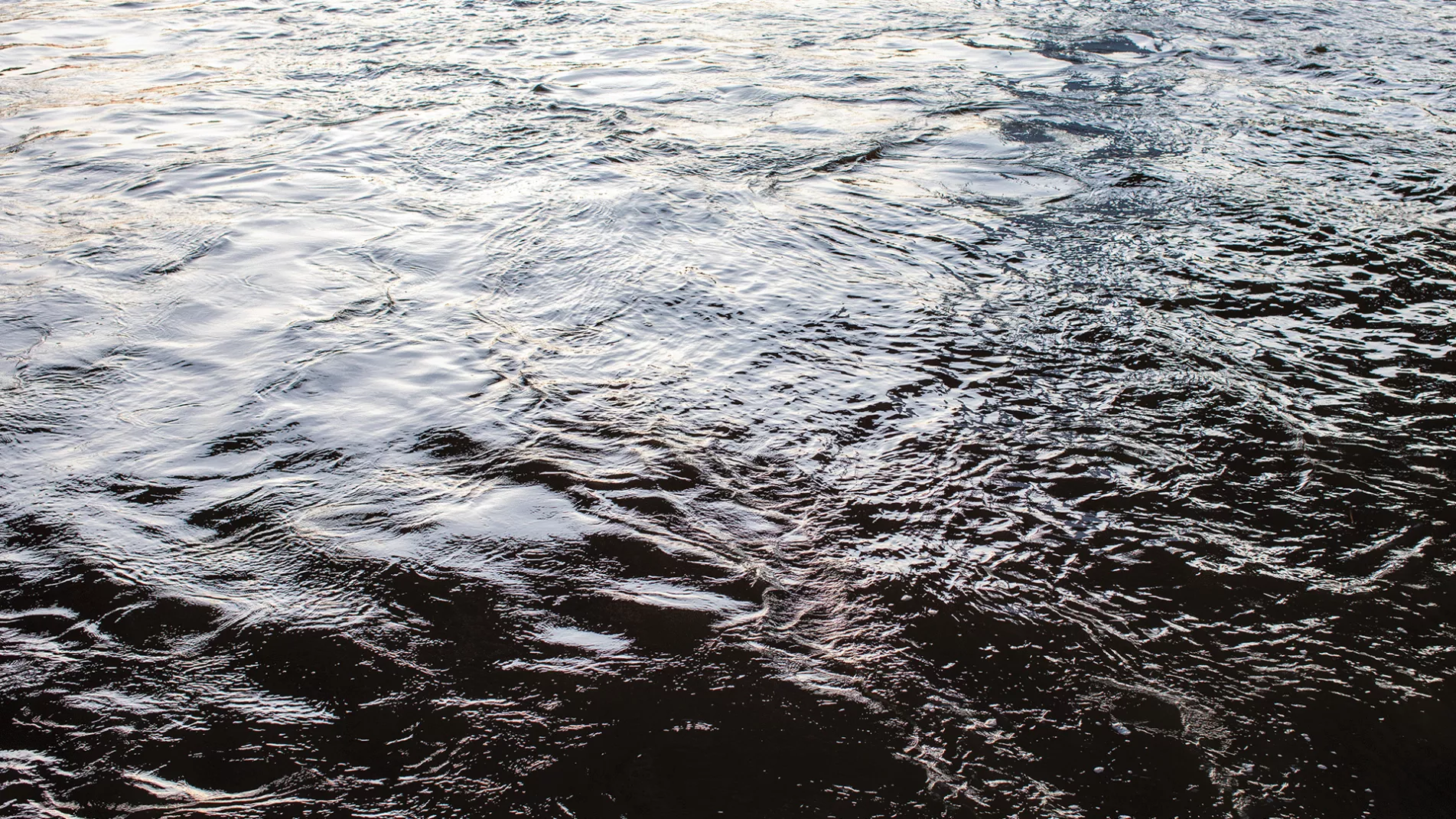
Thames Environment Fund
Providing financial support for projects that help improve the environment of the tidal river
The environment fund is part of the PLA’s work to deliver the Thames Vision 2050, which aims to secure greater use of the Thames and see the river between Teddington Lock and the North Sea become the cleanest since the Industrial Revolution.
In the past three years, the PLA has funded 14 projects, thanks to the Thames Environment Fund. In 2022, two rowing clubs were awarded funding to replace their petrol outboards with electric alternatives. In 2021, a total of five projects were successful in receiving funding related to the themes of invasive species and litter.
Environment fund successes
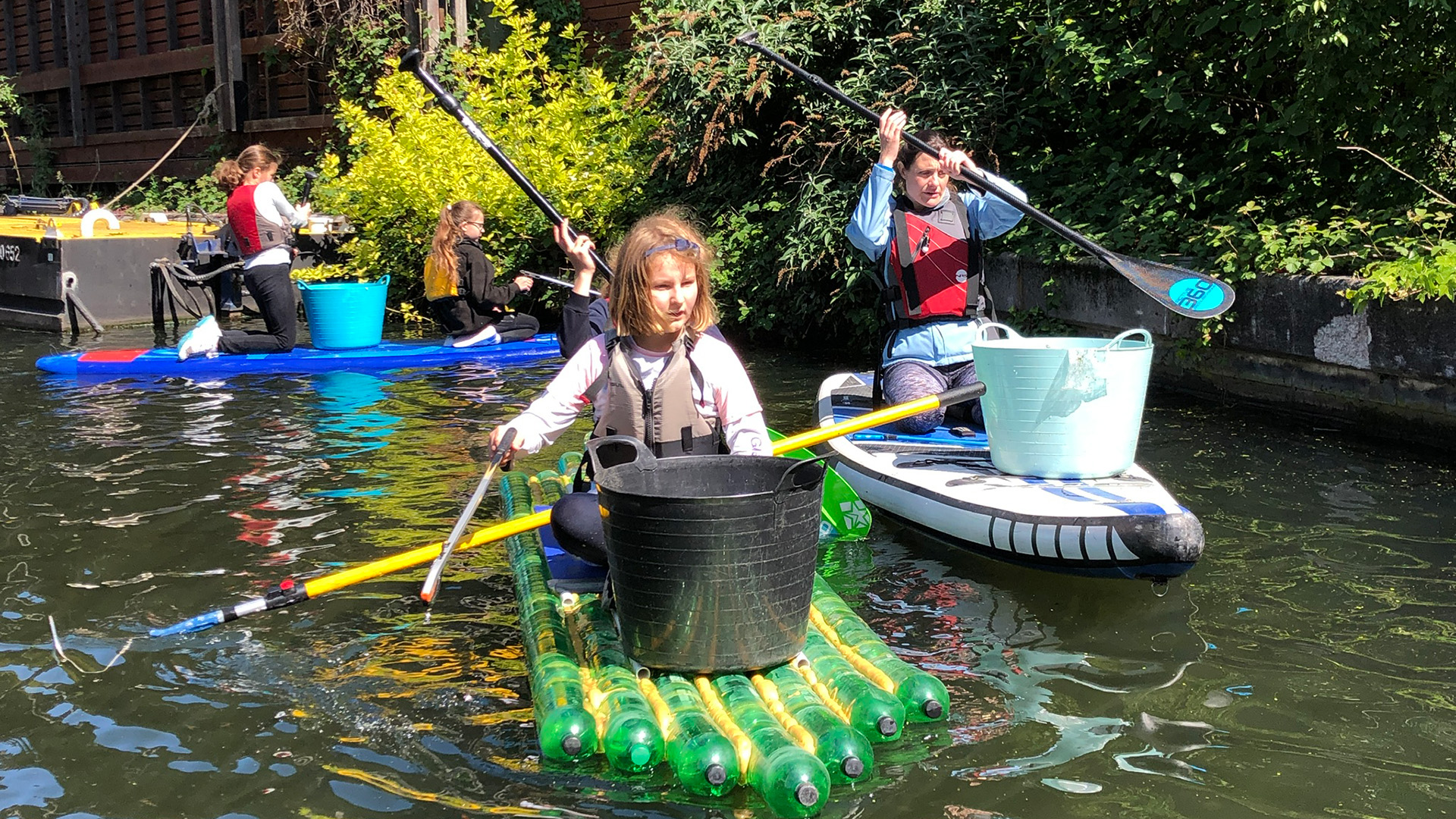
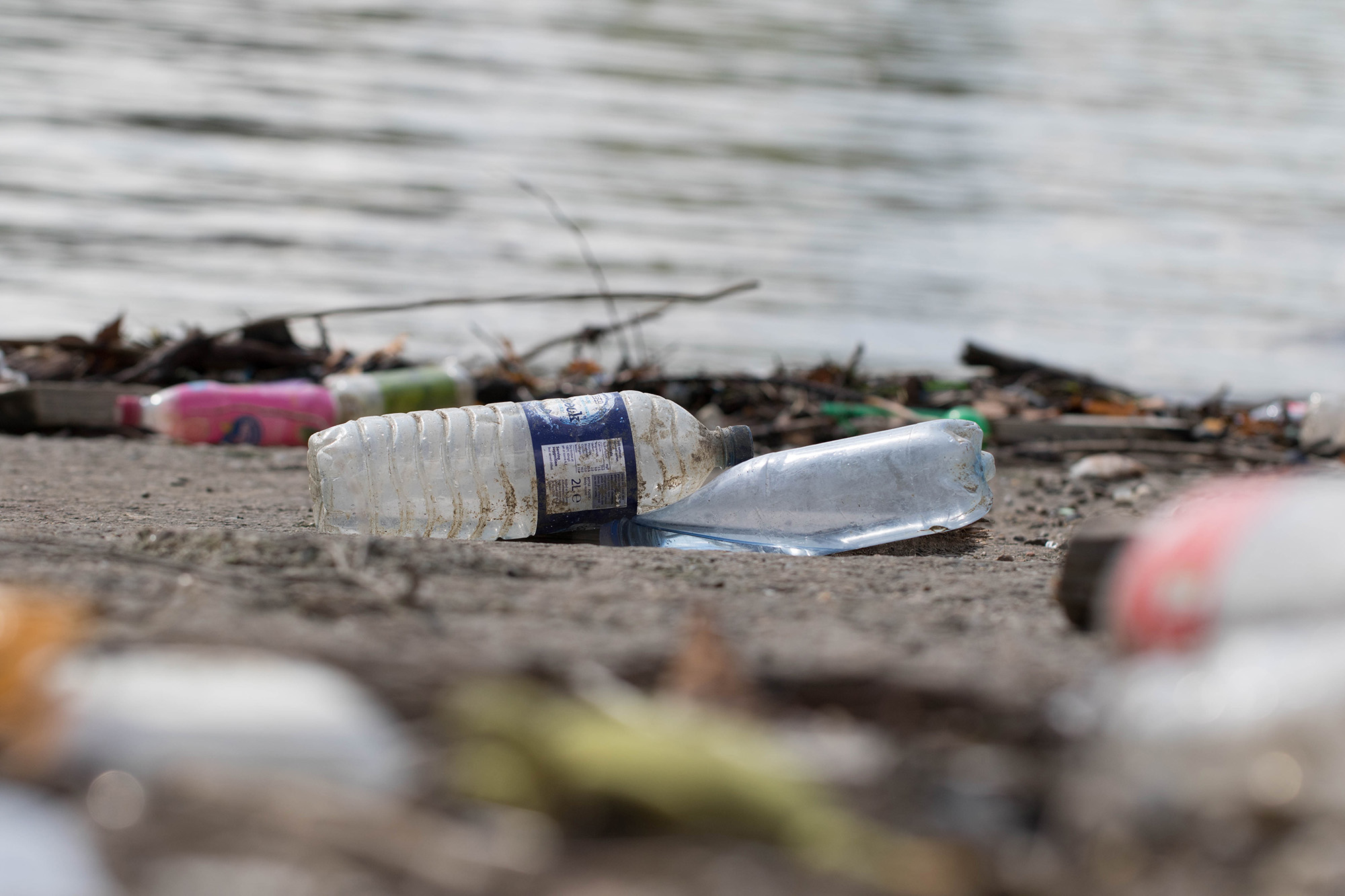
The AHOY Centre Charity
The AHOY centre in Deptford received our Thames Environment Fund grant for new equipment, that enabled them to increase their Litter Pickers activities, increasing awareness of recycling initiatives and how to stem plastic pollution, engaging with about 250 young people to date.
ZSL
Zoological Society of London (ZSL) established a collaboration with citizen scientists to investigate the life cycle of plastic litter in London, while recruiting a greater diversity of volunteers in local communities, with the Thames Environment Fund grant. The project recorded an average of 154 items of rubbish per 100 meters of the river surveyed, peaking in Tower Hamlets.
ACTIVE360 & Whale Company
Our Thames Environment Fund enabled the Whale Company and Active360 to reconnect more children with the Thames, London’s biggest open space, through litter-busting, stand-up paddle-boarding (SUP) sessions, combined with a take-away Thames Natural History guide. A total of 145 secondary school students experienced the sport, and learnt about biodiversity, from years 7 to 9 from five schools: Chiswick School, Lampton School, The Green School for Boys, London Free School and Rivers Academy.
MSEP
The Medway Swale Estuary Partnership project used our Thames Environment Fund to target the Isle of Sheppey’s growing population of invasive Pacific oysters (Magallana gigas) - and the dangers posed by their impacts to local ecosystems and razor-sharp shells. Nearly 40,000 oysters were removed.
Dartford & Crayford Creek Restoration Trust
Our Thames Environment Fund supports the trust to continue to transform Dartford Creek from an abandoned, industrial waterway, into an important green corridor, bringing new life to derelict wharves.
Frequently asked
The Port of London Authority is the custodian of the tidal Thames from Teddington Lock to the estuary. We aim to have a river that is valued for its clean air, natural flood defence, wildlife and as a carbon sink.
Working with local communities, researchers and NGOs is critical to achieving these aims. We have launched our Thames Environment Fund to help support projects along the tidal Thames that help meet the goals of our Thames Vision 2050.
Our funding themes are:
• Improving water quality
• Enhancing ecology and biodiversity
• Reducing carbon emissions and promoting sustainability
• Improving air quality
See each theme below for more details.
- Community groups
- Charities
- NGOs
- Universities and academia
- Other not for profit organisations
Two types of funding are available:
• Large grants (up to £15,000)
• Small grants (up to £2,500)
• Project must be located on the tidal Thames or directly benefit the tidal Thames or its operators.
• The project progress should be able to be monitored with a clear start and end date and finishing no later than 31st December 2024.
• Projects implementing or trialling emissions reduction technology should include emissions monitoring in their project scope.
• Applicants should be willing to share results of any trial/monitoring data/emissions reduction with the PLA at the PLA’s request.
• PLA logos and recognition of the funding source is required on all publicity (i.e. social media) and publications produced as part of the funding.
• The granting of PLA funding does not negate the applicant from having to gain other consents, such as PLA TRWL or other necessary consent. All consents must be in place prior to any project work being undertaken.
• All projects collecting litter as part of the project will be required to input their data and clean-up through the PLA Cleaning the Thames website.
Bids should demonstrate:
• The need for the funding and what objective the project will address
• The impact the project will have on the specific topic
• Any collaborative working required to accomplish the project
• A timeline detailing the stages and completion dates of the project
• Details of any monitoring required to verify project success
• Other sources of financial support that have been sought and/or obtained
• Appropriate risk assessment
Under our improving water quality theme, we are interested in supporting projects such as:
• Designing and/or trialling a new innovative method of macro/micro litter removal from the foreshore or water of the tidal Thames
• Researching pathways of litter and pollution entering the Thames and proposals for mitigation and management
• Delivering educational programmes related to litter and its impact on the environment
• Increasing public awareness to drive a long-lasting reduction in the amount of litter entering the Thames
• Designing and/or trialling new methods for monitoring and assessing water quality against a range of pollutants
• Citizen science projects aimed at monitoring water quality
Under our enhancing ecology theme, we are interested in supporting projects such as:
• Small scale habitat improvements near the tidal Thames foreshore (edges) or adjacent land
• Delivering educational programmes related to biodiversity and ecology of the Thames
• Increasing public awareness on invasive non-native species
• Invasive non-native removal projects
• Citizen science projects aimed at surveying key species including invasive non-natives
Under our sustainability theme, we are interested in supporting projects such as:
• Small scale renewable energy installations for direct use
• Reducing and designing out waste using circular economy principles
• Contributions towards shore power solutions for charging electrical outboard motors
• Programs that focus on raising awareness about environmental issues, promoting sustainability education, and fostering a sense of responsibility towards the environment
Under our improving air quality theme, we are interested in supporting projects such as:
• Trials of low emission alternative fuels
• Electric outboards for small recreational vessels
• Trials of alternative propulsion vessels
• Installation of emission monitoring technologies on vessels
• Trials of innovations or existing technologies to reduce post-combustion emissions from diesel engines on vessels
Discover

